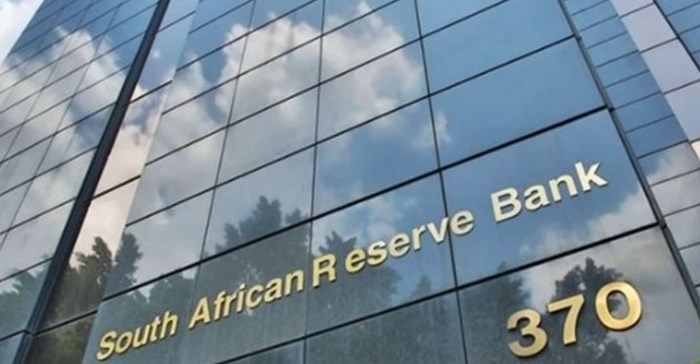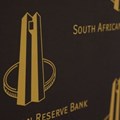Despite consensus reached by the South African Reserve Bank's Monetary Policy Committee (MPC) to uphold its repo rate at 8.25%, the unanticipated exit of Deputy Governor Kuben Naidoo in December has left a noticeable void within the MPC.

Source: Reuters.
The four remaining MPC members cast their votes on the repo-rate decision on Thursday, 25 January, alongside David Fowkes, a lead economist at Sarb who is serving as adviser to the deputy governors.
Their decision was unanimous.
Kganyago drew scant attention to Fowkes at the start of the MPC meeting. He refrained from sharing details about Fowkes' experience and professional background, and neglected to provide an opportunity for Fowkes to introduce himself, despite prompting from a journalist during the press briefing.
Deputy governor Naidoo's position remains to be filled.
Meanwhile, President Cyril Ramaphosa has engaged with the National Treasury to identify a successor for Kuben Naidoo.
In accordance with the South African Reserve Bank Act, the president holds the exclusive authority to appoint governors and deputy governors of the central bank. However, he is obligated to consult with both the Minister of Finance and the board of the SA Reserve Bank (Sarb). The National Treasury has confirmed these consultations have been conducted.
The responsibility now rests with the Presidency to announce the chosen candidate.
David Fowkes' position notwithstanding, the MPC members at present include Chris Loewald, head of economic research; deputy governor Fundi Tshazibana and depiuty governor Rashad Cassim.
Persistent inflation concerns
The Reserve Bank's MPC meeting on 25 January makes it its fourth consecutive gathering, in which the committee members have opted to maintain South Africa's repo rate.
"The tone of the MPC’s statement remained highly cautious, as it did not see the battle against inflation as yet being permanently won," said Raymond Parsons, professor at the NWU Business School.
"The MPC still saw upside risks to inflation in South Africa against the background of global uncertainties, inflationary expectations and sensitivity to currency weakness.
Paritosh Bansal 4 Jan 2024 Since November 2021, the Sarb has rased the repo rate by a cumulative increase of 425 basis points.
"There is nonetheless positive economic data that generate the real prospect that both globally and in SA, inflation this year is beginning to unwind and is becoming less entrenched. In SA inflation remains within the Sarb’s inflation target range of 3%–6%, with both headline inflation and factory gate inflation again easing further in December 2023," Parsons said.
"The definitive ‘core inflation’ trend is still unchanged at the 4.5% midpoint of the Sarb’s target for now.
"The economic evidence therefore indicates that, if the economy now evolves in line with forecasts, South Africa is at the end of the interest-rate hiking cycle. Borrowing costs, although still in restrictive territory, could begin to slowly decline later in 2024."
The prime lending rate of local commercial banks remains at 11.75%.























































